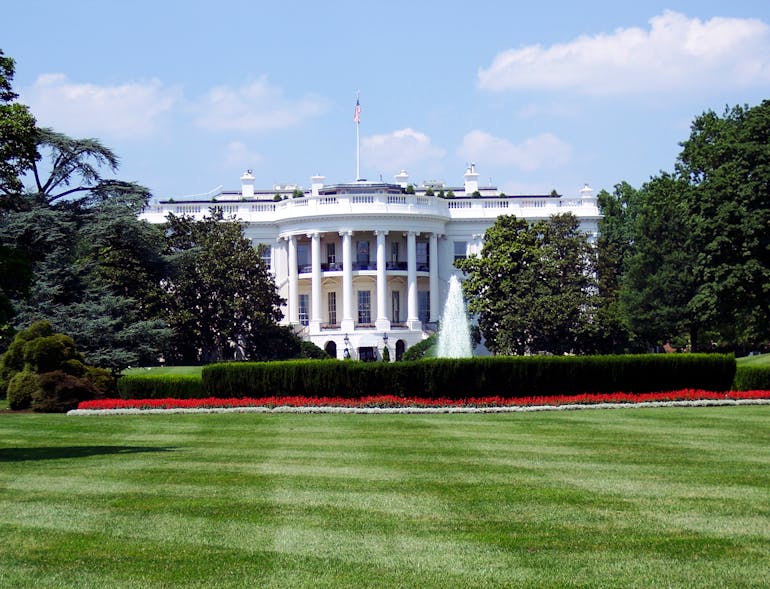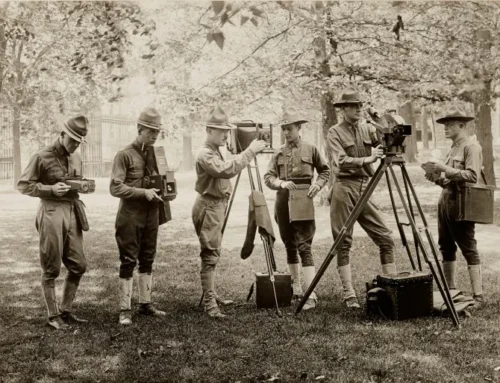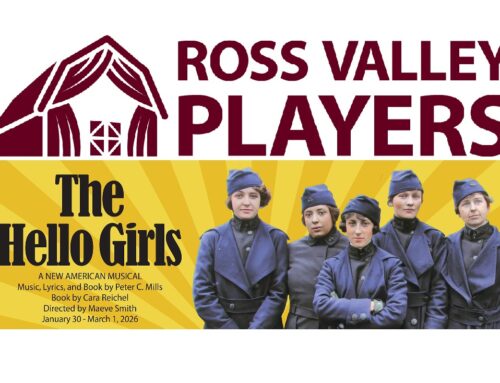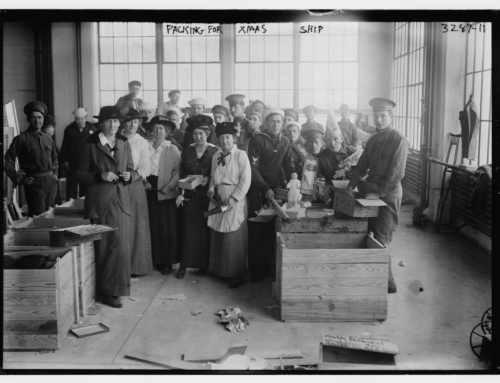How World War I Opened Doors for Women in D.C.—and Why It Still Matters Today
Published: 9 July 2025
By Joe Hart
Special to the Doughboy Foundation website

How the War Opened Doors for Women in D.C.—and Why It Still Matters Today
When World War I began, few guessed how much it would change life for women in Washington, D.C. The war opened doors for women in D.C., bringing them into offices, government jobs, and new roles once off-limits. These shifts shaped votes, paychecks, and futures. Today, their impact still echoes in every workplace and street in the capital. Let’s explore how this change happened—and why it still matters for women everywhere.
WWI: A Turning Point for Women in Washington
When war erupted overseas, Washington, D.C., braced for change. With thousands of men heading to fight, offices needed workers fast. Suddenly, doors that once shut women out swung open. Government agencies hired women as clerks, typists, translators, and aides. For many, this was a first taste of steady pay and new freedom.
The role of American women in WWI shows how these shifts reshaped cities like D.C. Their work helped keep offices running and built trust in women’s skills outside the home. By the end of the war, Washington looked different. Women’s presence in government buildings changed ideas of who belonged there—and set the stage for bigger fights for equality still to come.
A New Workforce Emerged
When the war created new demands at home, women stepped in to keep Washington, D.C., working. Offices needed clerks, typists, postal workers, and file keepers to handle the overwhelming volume of war-related paperwork. Many women stepped behind desks and into government jobs for the first time. These steady roles paid enough to live without help, giving many women fresh freedom.
Even some members of a remarkable Female Telephone Operators Unit, known as the “Hello Girls”, were trained in Washington, D.C. They handled critical calls for the Army and government and proved women could master complex tasks under pressure. Their service showed women’s skills reached far beyond office walls—and opened paths for future generations.
How the War Opened Doors for Women in D.C. Politics
Work in Washington during WWI did more than pay the bills—it sparked action. Many women used their new jobs to build networks and push for change. As they typed and filed, they also planned rallies and lobbied Congress. The war opened doors for women in D.C. politics by proving they could handle the same work as men.
This confidence powered the fight for the vote and equal rights. Groups formed to demand fair pay and better hours. Some women even ran for local office. What started as “temporary help” turned into a push for permanent seats at the table. These early steps made Washington a center for women’s activism that still shapes debates today.
Misconceptions About Living in Washington, D.C.
People often picture Washington, D.C., as a city built only by men in dark suits. This view ignores the women who shaped their daily lives, especially during WWI. When thousands of women moved here for federal jobs, they changed the work culture and built strong communities. Many assume D.C. was cold and formal for working women, but stories show friendships, shared homes, and support networks everywhere.
The truth about what life here really looks like breaks old myths and misconceptions about living in Washington, DC. It also proves that women have made this city stronger. The war years showed they could thrive here together. They made the capital more open and equal, challenging old ideas that still shape how outsiders see Washington today.
Stories That Inspire Us Today
Big changes often start with small acts. During WWI, thousands of “Government Girls” arrived in D.C. to take on clerical jobs. Many were young and far from home for the first time. Their daily work kept the nation running.
At the same time, leaders like Mary McLeod Bethune spoke up for equal access to jobs and training, opening doors for Black women, too. Carrie Chapman Catt pushed for voting rights, using wartime progress as proof of women’s strength. These stories remind us that change takes both bold voices and steady hands.
The bravery and effort of these women made D.C. more open to new ideas. Their courage still inspires those fighting for fairness today.
Lessons for Modern Workplaces
The legacy of women’s work in D.C. during WWI still guides offices today. When companies face big changes, they can look back at how women stepped up under pressure. Flexibility and equal chances help everyone succeed, not just women. Fair pay and clear paths to lead matter just as much now as they did then.
It’s worth remembering that WWI changed humanity in many ways, showing how people adapt when roles shift. The “temporary” jobs women took in Washington turned into careers that reshaped families and communities. Today’s workplaces can learn from that courage. When doors open for one group, progress lifts everyone.
How the War Opened Doors for Women in D.C.—and Why That Fight Is Not Over
Even now, the fight for fair pay and equal chances continues in Washington. Many women still push to close pay gaps and reach top jobs in government. They build on the work started by those who stepped up during WWI. The war opened doors for women in D.C., but keeping them open takes effort.
Today’s leaders speak out for paid leave, better wages, and strong protection at work. Groups in D.C. still gather to fight for these rights, just like those early trailblazers did. Their push reminds us that big change doesn’t happen overnight. It grows from steady work, brave voices, and support for each other.
A Lasting Impact That Still Shapes D.C.
The story of how the war opened doors for women in D.C. is more than history—it’s a reminder of what’s possible. When women filled desks and offices during WWI, they changed what the city could be. Their courage laid a path for the rights we fight for today. Their work still shapes D.C.’s offices, streets, and policies.
Each new push for fair pay, safe workplaces, and equal chances builds on that legacy. Remembering these first steps helps us protect the progress made—and reminds us to keep those doors wide open for future generations.
Why This Story Still Matters
The war opened doors for women in D.C., but the work is not done. Each new generation keeps pushing for fairness and respect. These early steps prove that change is possible. Their story reminds us to keep fighting for equal chances in Washington—and everywhere else.
Joe Hart is a freelance writer who covers American history, women’s rights, and civic life. He believes sharing stories from the past can inspire fairer opportunities for everyone today.
External Web Site Notice: This page contains information directly presented from an external source. The terms and conditions of this page may not be the same as those of this website. Click here to read the full disclaimer notice for external web sites. Thank you.




